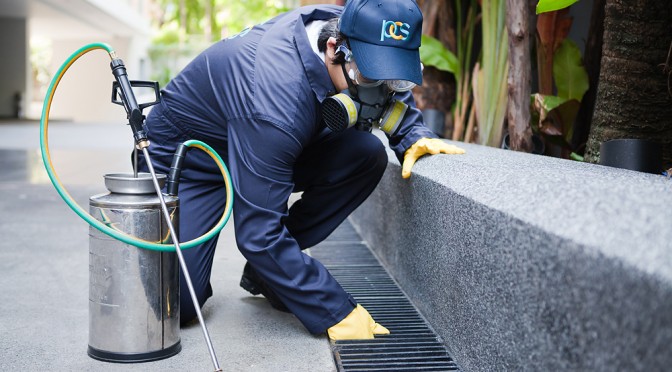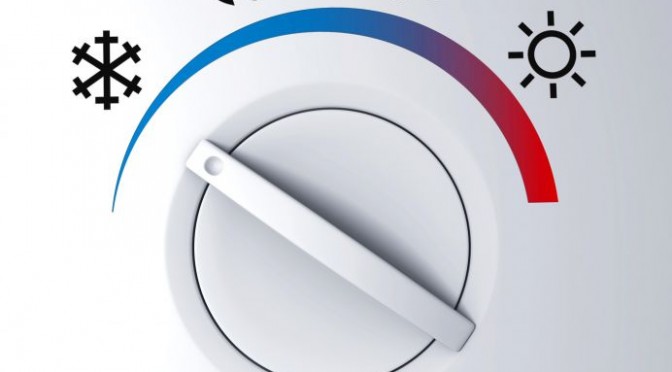Pest control is a vast subject altogether, and the types of it depend on the situation, area, the actual pest and of course the fact whether it’s a domestic or commercial problem. Each separate extermination method will suit different situation, but it’s quite easy to figure out which one’s for you. If not, your local exterminator will be able to assess the situation at hand and choose the appropriate method of getting rid of the pests.
For those of you who prefer to familiarise themselves with the process first, here’s a short description for each of the popular methods of eliminating the pests from either your house or workplace.
Biological pest control is a process of eliminating one pest using another species of natural parasites and predators. For example, you might get rid of your mosquito problem by introducing a bacteria that effectively kills their larvae in local water sources. The treatment has absolutely no negative effects on humans, since the bacteria is neutral, and the water remains drinkable after the process.
Another example of pest control process is elimination of the breeding grounds. This is actually more of a precaution than the actual treatment, and involves waste and drainage management to minimise the pest spread. Garbage left unattended provides food and shelter for many pests, and a few simple steps will go a long way in ensuring you have no pest problem to worry about.
The most common method for getting rid of rats is a poisoned bait. Poisoned food has been used for many years to kill rats among other pests this method is suitable for. The only downside of this method is that it will not be effective where other food sources are present, such as garbage in case of the rats.
For simple insect control, mostly after the harvest, field burning used to be a very popular method, though with recent environmental policies in place, it is not advisable or even illegal to burn the field after the harvest.

